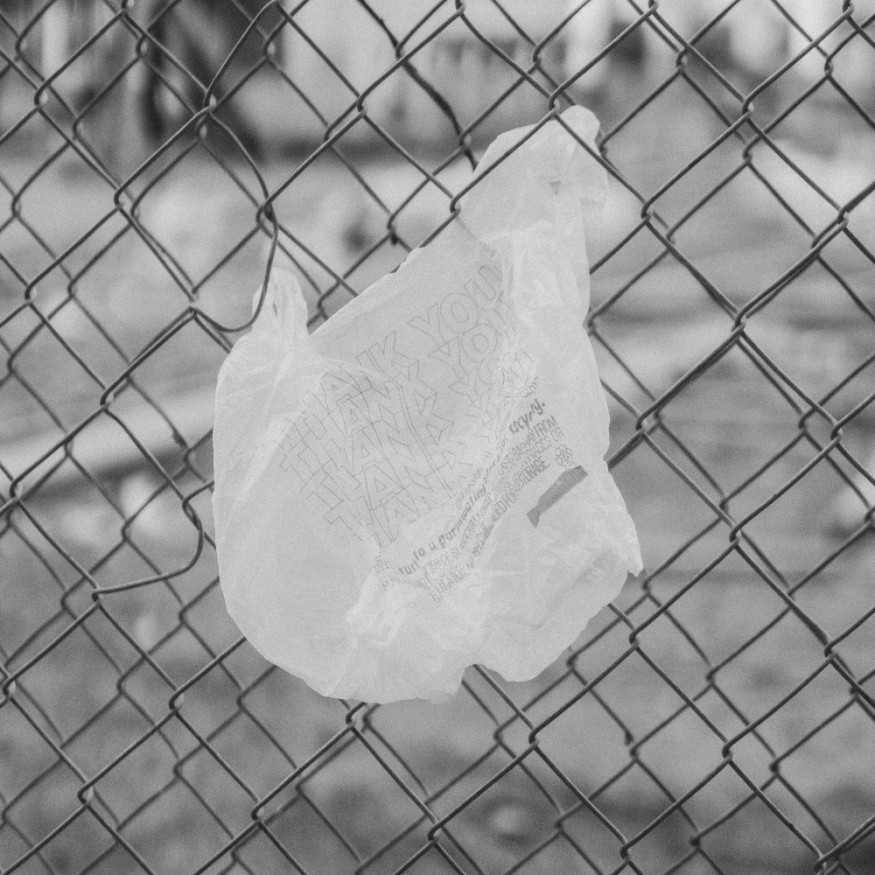Amidst Plastic Ban, Mexicans Use More Traditional Alternatives

For 30 years, Mexico City residents have been using plastic bags and other single-use items in their day to day living. However, that will soon end with the new law on plastics taking effect this January, according to a report by NBC News.
This prompts residents to go back to their old ways such as using cloths, woven straw baskets, ayate mesh or net bags, and even string bundles in wrapping and packing their groceries and shopping items. Even grocery stores are promising to promote reusable synthetic fiber bags.
"We have a very rich history in ways to wrap things," said Claudia Hernández, the city's director of environmental awareness. "We are finding that people are returning to baskets, to cucuruchos," she said, pointing out to the cone-shaped rolls of paper once used to wrap loose bulk goods like nuts, chips or seeds.
Even now, there are still some residents, especially the elderly who still use traditional ayate bags, or tortilla towels or baskets, pull two-wheeled, folding shopping baskets through grocery stores. Meanwhile, some merchants still use old sardine cans to measure out bulk goods.
Under the new law, grocery stores will be fined if they pack goods using plastic bags, thus, they will be forced to either remind their customers to bring produce bags, pack their groceries using paper bags, or sell reusable shopping bags made of thick plastic fiber for around 75 cents.
Many have already expressed their readiness and willingness once the law takes effect but there are still those who are skeptical.
"They are not giving them away, they are selling them, and that is what I don't agree with," said city subway worker Ernesto Gallardo Chávez, who wonders what will happen if he goes grocery shopping and forgets to bring his reusable bags.
"Just imagine, I forget my bag and I buy a lot of stuff," said Gallardo Chávez. "How do I carry it all, if they don't give you bags anymore?"
Like Gallardo Chávez who believes protecting the environment is "very good," but also sees plastic bags in Mexico City as almost never really single-use, most city residents have bought garbage cans and waste paper baskets just the right size to be lined with supermarket bags. They also use the bags to clean up after dogs on sidewalks.
"We use the bags for garbage, to separate it into organic and inorganic, and then take it out to the garbage truck," he notes.
The solution for people to get out of the habit of putting their garbage in plastic bags, according to Hernández, is to take it out directly in garbage cans.
But that is complicated given the city's stubborn water shortages which makes it difficult for residents to wash the trash cans on kitchen receptacle every couple of days after use because it doesn't have a plastic liner.
Aside from that, there is also a widespread habit of tossing used toilet paper into wastepaper baskets still because of the water shortage and people do not like the idea of turning over used toilet paper openly to the trash collector.
Daniel Loredo, data analysis specialist, says he is planning to hoard his last remaining plastic shopping bags to analyze this problem and come up with a better solution.
Loredo said he and his roommates have already taken steps to build up a supply of reusable bags and make sure whoever goes to the grocery store is carrying a few. But for poorer city residents, the 75-cent reusable bag costs an equivalent of an hour's worth of the minimum wage, thus, forgetting to do so even once is definitely a pain in the pocket.
"I think this will be a challenge, because these bags represent an additional cost, and maybe not everyone can bear that cost quite as easily," Loredo said.
For Aldimir Torres, the leader of the country's Plastic Industry Chamber, the new law is "cheap populism," because it has no clear guidelines about what kind of "compostable" bags would still be allowed.
The law does not say anything about the use of plastic bags "for reasons of hygiene," despite allowing the use of bags that biodegrade very quickly, there is no specific standards for them.
"This was a law that was copied and put together in a rush, without consulting people who really know about this issue," Torres said.
Hernández said that although the law had to be rushed into effect, there is still a lot of work to be done on alternatives.
"I don't know why, but sometimes we need a little more pressure in order to take action," Hernández said, noting the bag ban "is an invitation, a provocation to rethink the way we consume".
Laredo also thinks the law is worth it despite its flaws.
"I think that in some way this is a responsible strategy, to introduce us to some more appropriate method of consumption," he said. "In the end, they (plastic bags) are something that pollute and hurt the environment."
According to The Guardian, Mexico City has generated the most trash in 2016 after New York which is 12 million tons per year. Meanwhile, CICLO reported that 48 percent of the trash come from households, 49 percent from restaurants, and 3 percent from laboratories and hospitals.
Subscribe to Latin Post!
Sign up for our free newsletter for the Latest coverage!
© 2026 Latin Post. All rights reserved. Do not reproduce without permission.















